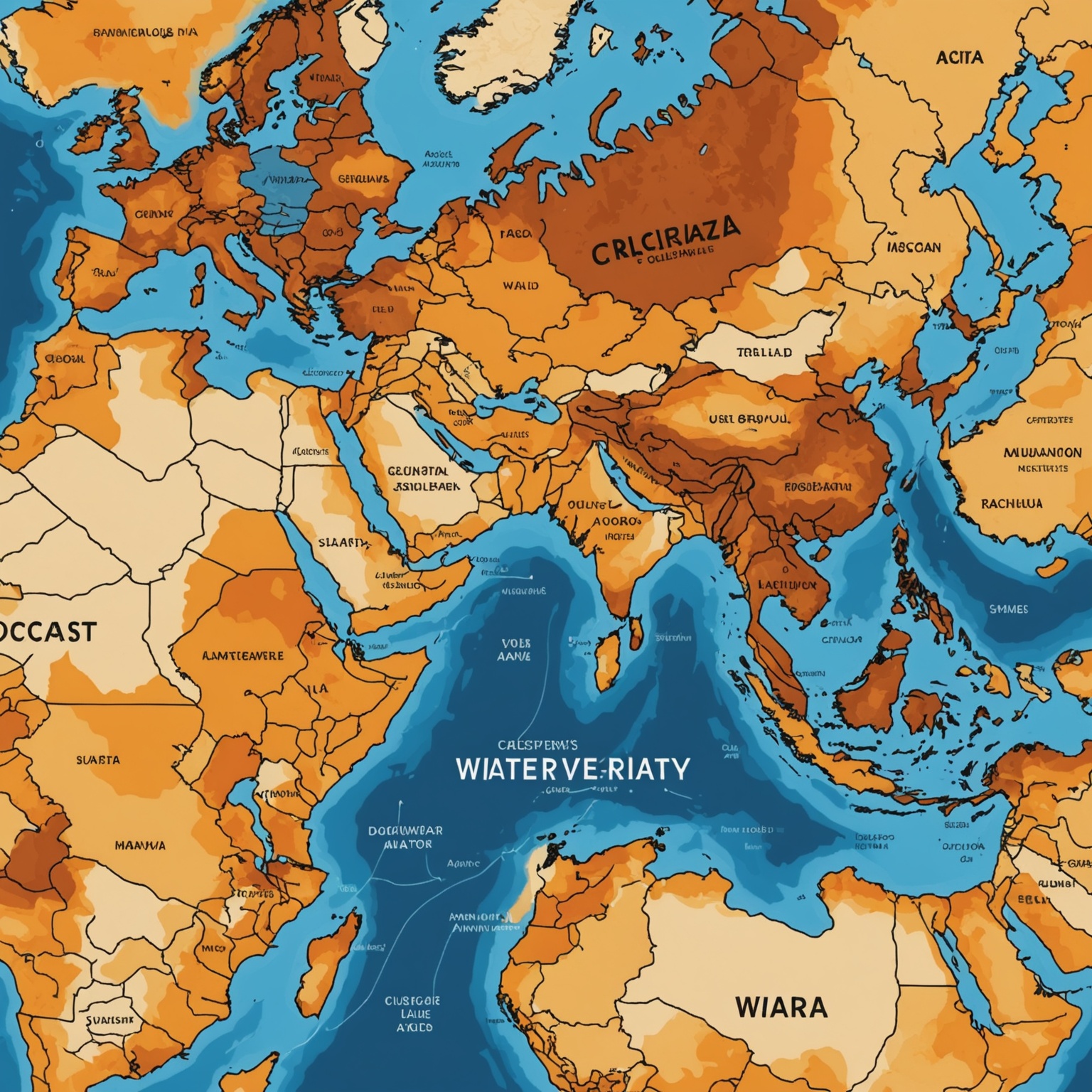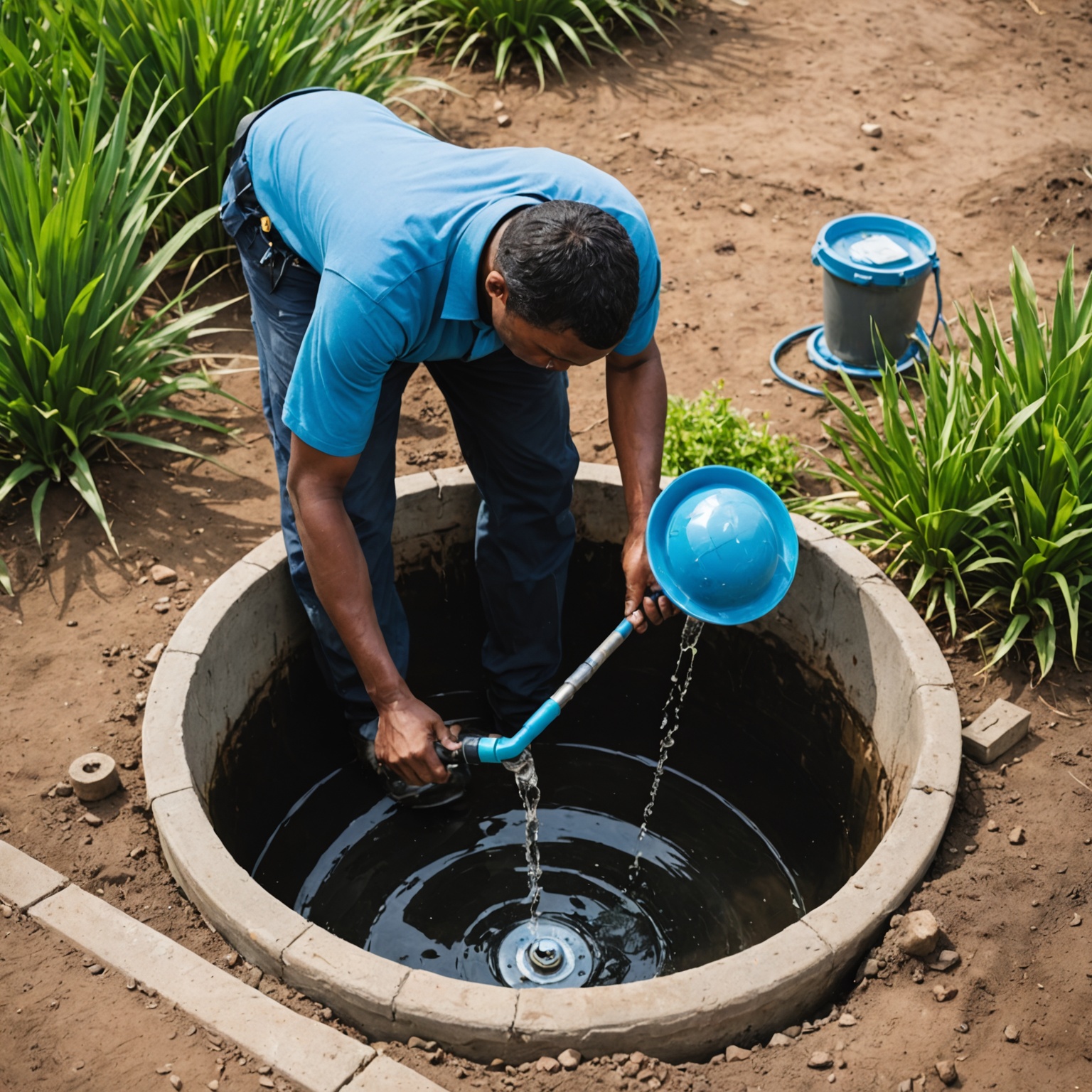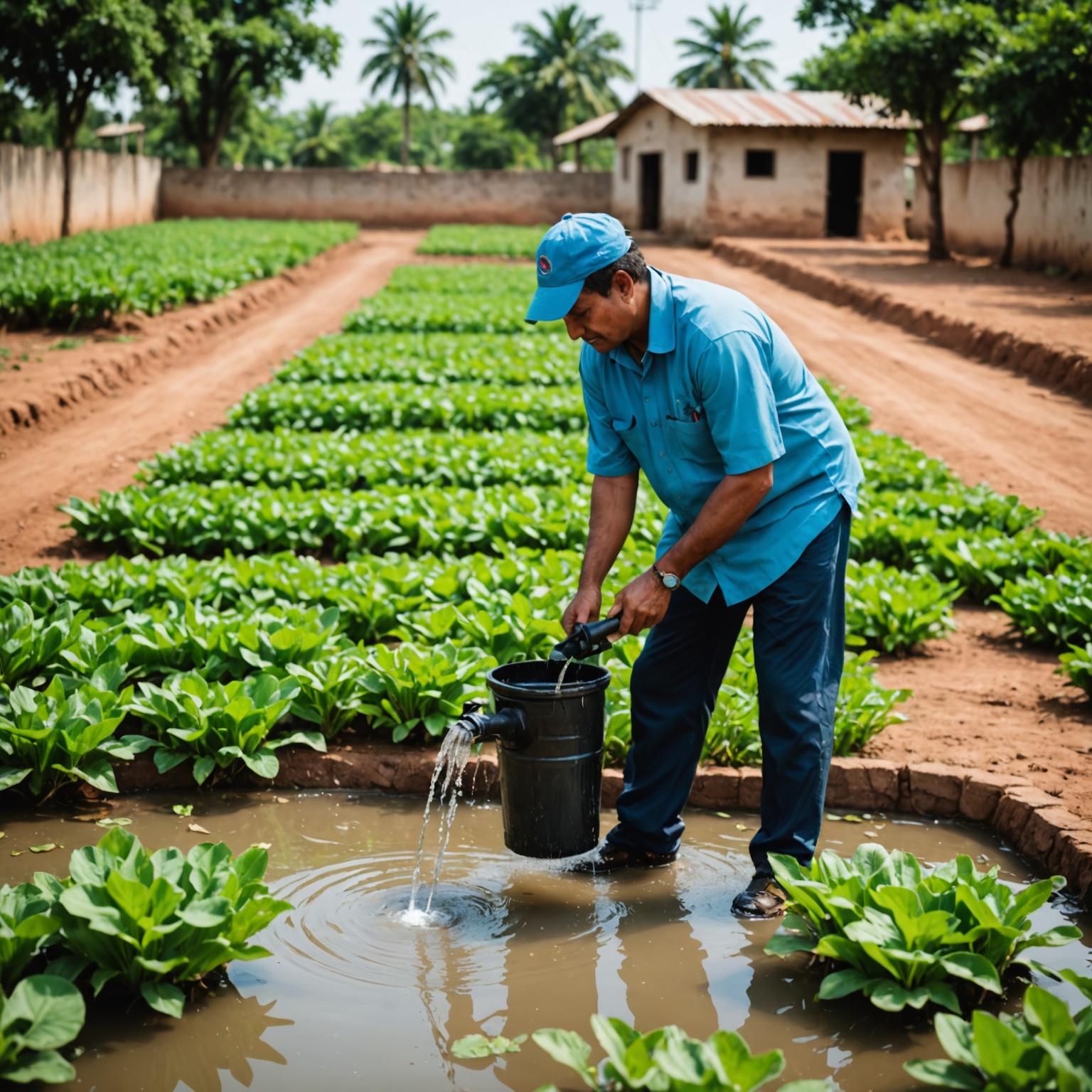Innovative Global Water Conservation Project Launched

Innovative Global Water Conservation Project Launched
In a bold move to address the escalating crisis of water scarcity, a new global initiative leveraging advanced conservation technologies has been introduced. This project is set to transform how water resources are managed and conserved across continents, offering a beacon of hope for sustainable water use.
The Urgency of Water Conservation
As the global population continues to grow, the demand for water has reached unprecedented levels, posing serious threats to ecosystems and human civilizations alike. Innovative strategies for water conservation are not just beneficial; they are essential for survival.
Water scarcity affects over two billion people worldwide, making it one of the most critical environmental challenges of our time. The introduction of advanced technologies in water management can dramatically change this scenario, promoting efficiency and sustainability.
Understanding the importance of sustainable water management, the newly launched global initiative aims to integrate cutting-edge technologies and innovative practices to combat water scarcity effectively.

Technologies at the Forefront of Water Conservation
The initiative focuses on several technological advancements that promise to redefine water conservation. These include smart irrigation systems, advanced water purification techniques, and AI-driven water management tools.
Smart irrigation systems optimize water usage for agriculture, reducing wastage and enhancing crop yields. Advanced water purification techniques, such as reverse osmosis and UV filtration, ensure safe and sustainable water sources for communities worldwide.
Moreover, AI-driven tools analyze vast amounts of data to predict water usage patterns and potential shortages, enabling proactive management of water resources.

Impact and Implementation
The project's implementation involves collaboration between governments, NGOs, and private sectors, ensuring a multi-faceted approach to global water issues. By pooling resources and expertise, the initiative aims to create a significant impact on water conservation efforts globally.
Success stories from initial pilot programs in various countries have shown promising results, such as reduced water usage and improved management practices. These examples serve as a model for potential expansion and adaptation in other regions facing similar challenges.
As the project unfolds, continuous monitoring and adaptation strategies will be crucial in achieving the long-term goals of sustainable water management and conservation.

Conclusion
The launch of this innovative global water conservation project marks a significant milestone in the fight against water scarcity. Through the adoption of advanced technologies and collaborative efforts, there is a hopeful path forward in securing water for all and preserving our ecosystems. By supporting and participating in these initiatives, we can all contribute to a more sustainable and water-efficient future.






